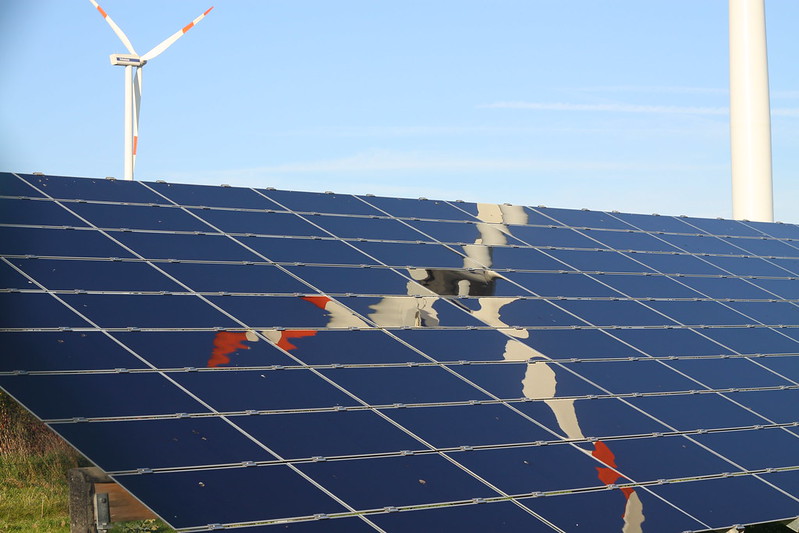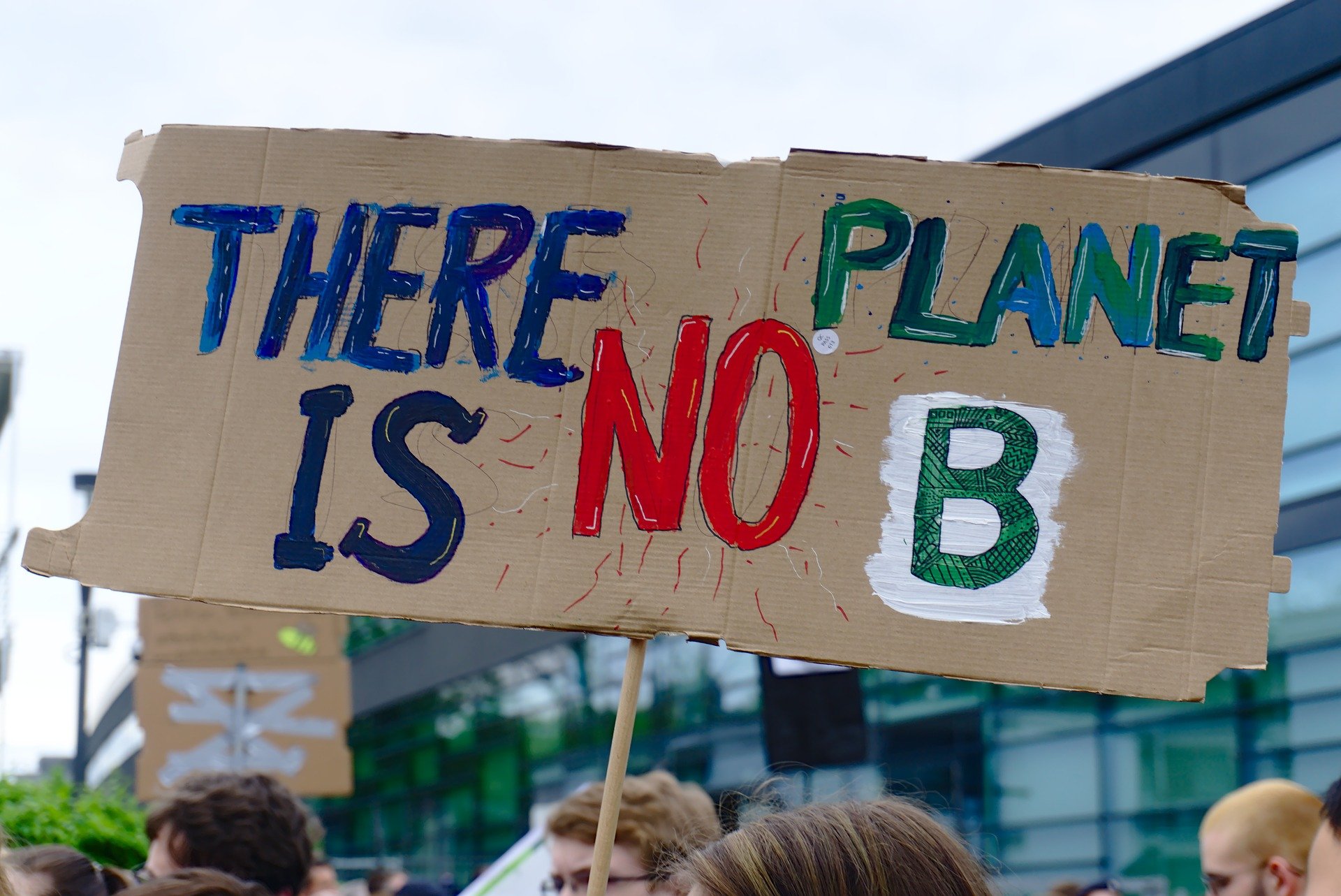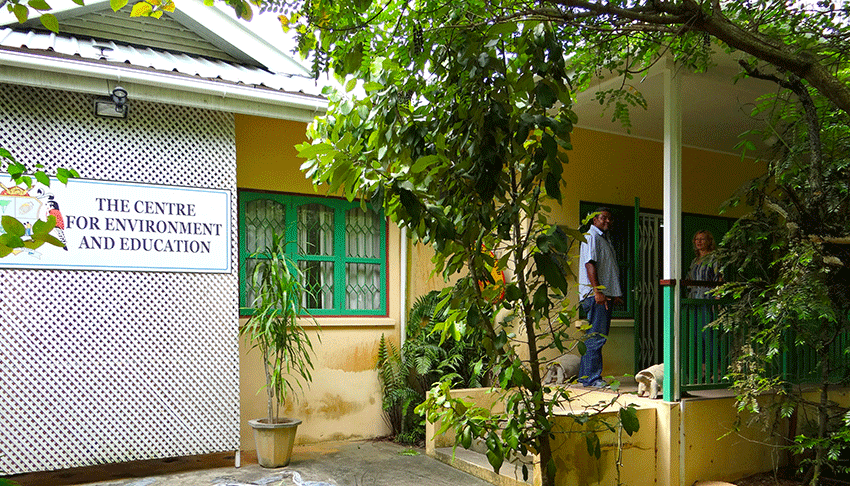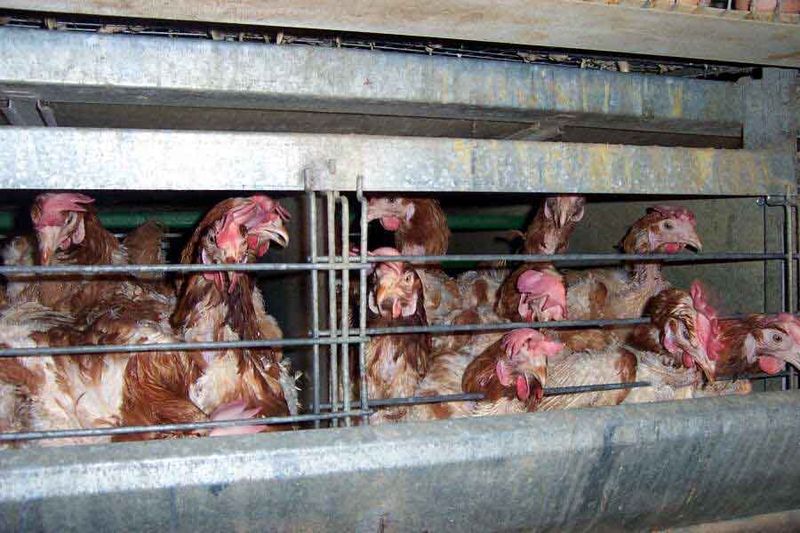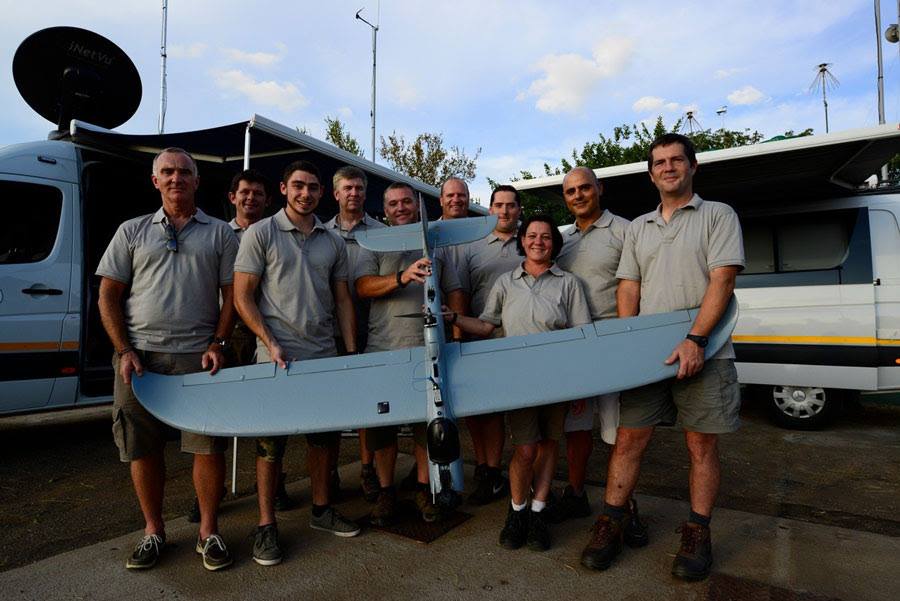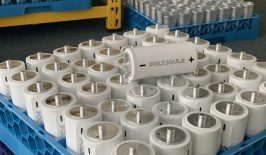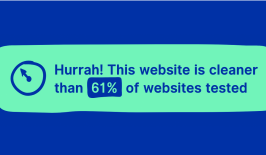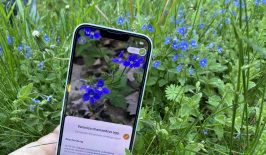For many of us, 2021 was another ‘Corona Year’ – a time of frustration, uncertainty, and challenges. But although corona has dominated the headlines, it should not distract us from the many other pressing problems of our time. The legacies of human activity, whether it is plastic waste, carbon emissions, insecurity or poverty continue to upset our ecosystems and societies. With no quick and easy solutions to hand, it might sometimes feel like we are riding into an unavoidable catastrophe.
Full addressing the myriad issues impacting the Earth today clearly requires decisive and cooperative political action. However, we as civil society actors can also play a role, most directly by supporting projects which address such problems, and/or place pressure on policy makers. But with a multitude of foundations, NGOs and charities of all shapes and sizes existing across the globe, how do you decide where to donate your money?
We have selected projects and organisations that have convinced us with their innovation, impact and credibility. Maybe they can convince you too and earn a much needed donation.
1. Information Technology and Innovation Foundation (ITIF) – Effectively advancing climate protection
The burning of fossil fuels contributes a significant amount of carbon to the world’s overall emissions. In order to slow down climate change, as well as meet the growing demand for energy worldwide, we must accelerate the shift towards low-CO2 forms of energy production. Yet the research budget for this amounts to just 0.02 percent of public spending annually.
If these resources were increased and invested more wisely, the overall cost of renewable energy could be reduced worldwide. If fully adopted, such methods could become the most effective tool for tackling CO2 emissions in the long term. The Clean Energy Innovation Programme of the non-profit think tank Information Technology and Innovation Foundation (ITIF) advocates for higher and more effective spending on renewable energy research.
Donate now for climate protection!
2. Fridays for Future – Support the global climate movement
The Friday for Future movement has now become a real force to be reckoned with – both online and on the streets. Young people across the globe are mobilising for climate action, and until effective measures are implemented at a political level to control global warming, Friday for Future is a movement we cannot do without.
The climate crisis threatens us all – and Fridays for Future has become an important and effective voice, loudly demanding far-reaching political action through strikes, demonstrations and campaigns. Friday for Future is also a truly decentralised, grassroots programme, with branches all across the globe.
Check on Open Collective to donate to your local Friday for Future group!
3. Give Directly – Fighting poverty directly
One in ten people worldwide lives in extreme poverty. Although state level foreign aid exists, this is often prone to corruption and institutional inefficiency. This is why studies have shown that giving directly to those in need can often be the most reliable and sustainable means of overcoming direct poverty. It also avoids some of the patronising pitfalls of foreign aid or charity. No one knows the needs or poor people better than they do, and families can use the donations to directly provide what they need, whether it is food, medicine, school fees or startup costs for a small business
GiveDirectly transfers the equivalent of one year’s income directly to people in extreme poverty, allowing them to make the choices for their long term success.
Donate to the fight against poverty now!

RESET needs your support!
At RESET.org we report independently and critically on innovative solutions for a greener and fairer world and shed light on the background of sustainable digitalisation. As a non-profit organisation, RESET relies on donations.
So when you’re thinking about which projects to support this year, why not support independent and constructive journalism with your donation to RESET?
4. Young Indigenous People for the Rainforest – Conserving the Rainforest
Tropical rainforests provide many functions. They work to stabilise our climate and act as the ‘lungs of the Earth’, while also providing a home for countless diverse animal species. However, mankind too has made its home in rainforests, with many indigenous people using the rainforest for its resources. But all of these functions of the rainforest are threatened by deforestation, and equipped with their experience and knowledge, indigenous people can become the bulwark to protect and preserve their homes.
Projects such as Sinchi Foundation works with indigenous communities to put them at the forefront of protecting their own interests, both in terms of human rights and biodiversity. For example, through the opportunities of digitalisation they have worked with the Kichwa people to protect the rainforest of Sarayaku. By utilising digital media, the young people prepare various topics – from traditional handicraft techniques to everyday life – which are then integrated into school lessons and passed on to other Kichwa, indigenous communities and the Ecuadorian population. Ultimately, the entire population of Sarayaku benefits from the project, as a younger generation of rainforest conservationists gain access to important modern and traditional knowledge. With this they are encouraged to actively shape their own future and that of their homes.
Donate now for rainforest protection!
5. Nature Seychelles – Protecting the world’s nature havens
The Seychelles is a jewel of nature and biodiversity in the heart of the Indian Ocean. It is also a world leader in animal conservation, with 42 per cent of its landmass dedicated as nature reserves. However, as a small island archipelago, it is still under threat of major ecological disaster, whether that is from invasive species, ocean plastic or coral bleaching.
Organisations such as Nature Seychelles work on the frontline to maintain the East African nation’s reputation for sustainability and biodiversity. In particular, they find ways to balance the local ecosystem with the need to encourage and support the tourism many locals depend on. They’re also not afraid to try out new things, with Nature Seychelles recently selling one of their birds as an NFT!
Donate now to keep the Seychelles a haven of biodiversity!
6. The Humane League – Cleaning up the meat industry
Where does your meat actually come from? If you are like most people, it usually comes stacked on supermarket shelves in neatly packaged plastic containers. However, what did the meat go through to get there? For 16 years, the Humane League has been campaigning to shine a light on the industrial meat industry, and exposing its most heinous exploitation of animals.
Originally starting out as a small grassroots organisation in the northeast United States, the Humane League now heads up a global network of campaigners who wish to introduce more humane methods of farming and butchering animals. Through their work they have doubled the number of cage free farms in the US, and pressured some of the most powerful food companies into implementing changes.
Donate now to make meat more humane!
7. Air Shepherd – Watching Over Africa’s Wildlife
Every 10 hours a rhino is slaughtered in Africa. Every 14 minutes an elephant is killed. At this rate, both species will be extinct within the next 10 years. As demand for rhino horn and ivory increases, especially in China and Vietnam, the technological sophistication of the poachers also grows. Today, it is not unusual for poachers to use military-grade weaponry, night vision goggles and even helicopters.
Organisations like Air Shepherd work to give rangers a technological edge over their adversaries, providing drones and technical infrastructure for real-time identification and capture of suspected poachers. By combining modern technology with community-based intelligence work, Air Shephard may help protect what remains of Africa’s unique wildlife.
Donate now to give rangers the tools they need!
8. HumanitarianOpenStreetMap – Simple open source tools for humanitarian rescue
When disaster strikes, the last thing rescuers want to be worrying about is if their maps are accurate and up to date. Many of us are now used to using digital map services to get us around town, but for many areas of the world, such accurate maps are not available.
Even when they are, they may be of only limited use to rescuers. For example, what quality is the road they see on Google Maps? Are there streetlights, areas for heavy vehicles to park? HumanitarianOpenStreetMap looks to provide exactly these kinds of bespoke, accurate and practical maps for humanitarian projects and rescue workers. Following the declaration of a crisis in a certain area, the HOTOSM community comes together to provide information for crews on the ground that can help save lives.
Donate now to assist humanitarian rescuers across the globe!
9. Solar Aid – For a brighter future
Darkness is not merely an irritating inconvenience, for many in the Global South, it is a serious block to further development, safety and comfortable living. When the hours of night arrive, a lack of electricity and light means school education, community gatherings and work needs to come to an end. This severely limits the financial income of families and their potential to move ahead in the world.
The problem is made all the more frustrating by the fact the solution is so simple. Projects such as Solar Aid provide cheap and practical solar lights which can illuminate homes in the evening. Not only does this allow school work and other crafts to continue, but also saves the home money by removing the need to purchase candles or batteries. What’s more, it removes the need for homes to rely on unhealthy and dangerous open flames for light.
Donate now to light up a dark home!
10. Clean Clothes Campaign –For a fair and green textile industry
The entire fashion industry has a huge ecological footprint and producers work under inhumane conditions. There is an urgent need for action.
The Clean Clothes Campaign champions labour and human rights of the majority of female workers in the textile and clothing industry worldwide. It puts pressure on companies in the textile value chain to guarantee urgently needed standards in production and to have this monitored by an independent body. To this end, the Clean Clothes Campaign relies on petitions, protest actions, workshops and educational work.

